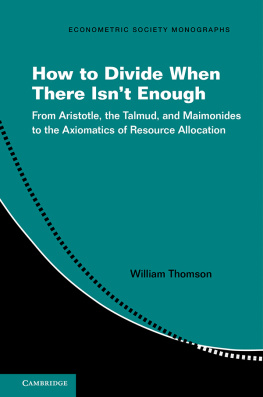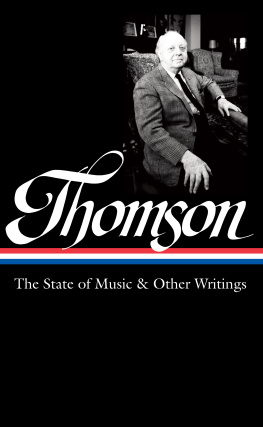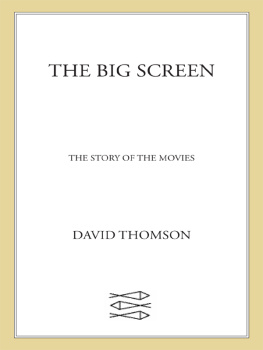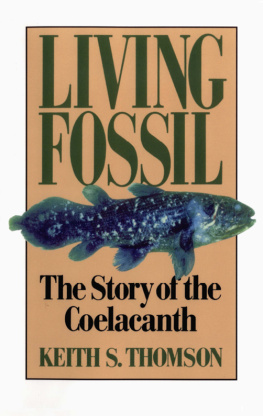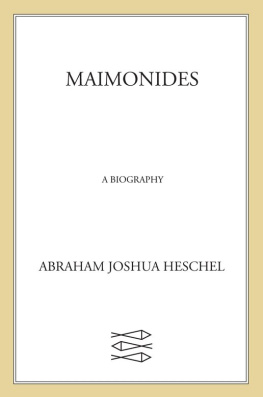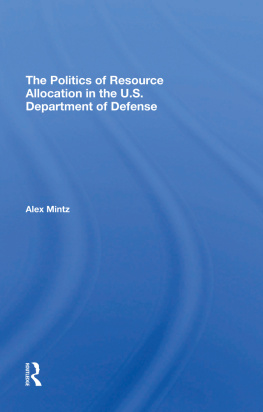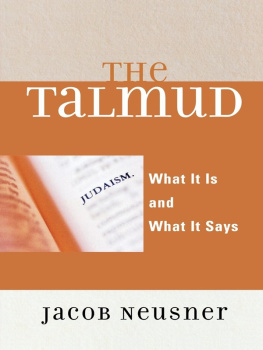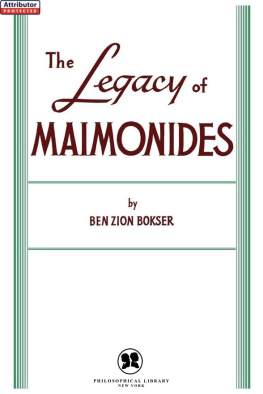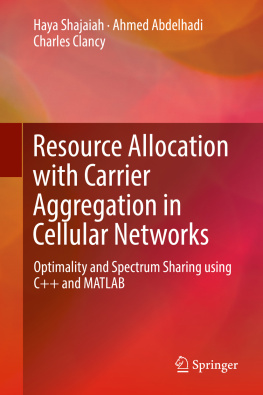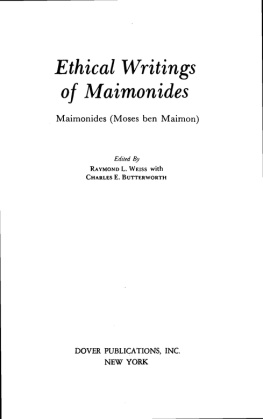William Thomson is the Elmer Milliman Professor of Economics at the University of Rochester. He is the author of several books including A Guide for the Young Economist, which has appeared in four translations, and over one hundred articles. In 2001, he won the University Award for Excellence in Graduate Teaching at the University of Rochester. He is a Fellow of the Econometric Society, the Society for Economic Theory, and the Game Theory Society.
The Econometric Society is an international society for the advancement of economic theory in relation to statistics and mathematics. The Econometric Society Monograph series is designed to promote the publication of original research contributions of high quality in mathematical economics and theoretical and applied econometrics.
Books in the Series
O. Compte & A. Postlewaite, Ignorance and Uncertainty, 2019
I. Molchanov & F. Molinari, Random Sets in Econometrics, 2018
B. Honor, A. Pakes, M. Piazzesi, & L. Samuelson (eds.), Advances in Economicsand Econometrics: Eleventh World Congress, Vols. I & II, 2017
S. Maurer, On the Shoulders of Giants: Colleagues Remember Suzanne ScotchmersContributions to Economics, 2017
C. P. Chambers & F. Echenique, Revealed Preference Theory, 2016
J.-F. Mertens, S. Sorins, & S. Samir, Repeated Games, 2015
C. Hsiao, Analysis of Panel Data: 3rd ed., 2014
C. Cameron & P. Trivedi, Regression Analysis of Count Data, 2nd ed., 2013
A. Harvey, Dynamic Models for Volatility and Heavy Tails, with Applications toFinancial and Economic Time Series, 2013
D. Acemoglu, M. Areilano, & E. Dekel (eds.), Advances in Economics andEconometrics: Theory and Applications, Tenth World Congress, Vols. I, II, & III, 2013
M. Fleurbaey & F. Maniquet, A Theory of Fairness and Social Justice, 2011
R. Vohra, Mechanism Design: A Linear Programming Approach, 2011
K. Samphantharak & R. Townsend, Households as Corporate Firms: An Analysis ofHousehold Finance Using Integrated Household Surveys and Corporate FinancialAccounting, 2009
I. Gilboa, Theory of Decision under Uncertainty, 2009
F. Vega-Redondo, Complex Networks, 2007
R. Blundell, W. Newey, & T. Persson, (eds.), Advances in Economics andEconometrics: Theory and Applications, Ninth World Congress, Vols. I, II, & III, 2006
J. Roemer, Democracy, Education, and Equality, 2006
C. Blackorby, W. Bossert, & D. Donaldson, Population Issues in Social ChoiceTheory, Welfare Economics and Ethics, 2005
R. Koenker, Quantile Regression, 2005
C. Hsiao, Analysis of Panel Data, 2nd ed., 2003
M. Dewatripont, L. P. Hausen, & S. J. Turnovsky (eds.), Advances in Economics andEconometrics: Theory and Applications, Eighth World Congress, Vols. I, II, & III, 2003
E. Ghysels, N. Swanson, & M. Watson (eds.), Essays in Econometrics: CollectedPapers of Clive W. J. Granger, Vols. I & II, 2001
S. Strm (ed.), Econometrics and Economic Theory in the 20th Century: TheRagnar Frisch Centennial Symposium, 1999
A. C. Cameron & P. K. Trivedi, Regression Analysis of Count-Data, 1998
D. Jacobs, E. Kalai, & M. Kamien (eds.), Frontiers of Research in EconomicTheory: The Nancy L.Schwartz Memorial Lectures, 1998
D. M. Kreps & K. F. Wallis (eds.), Advances in Economics and Econometrics:Theory and Applications, Seventh World Congress, Vols. I, II, & III, 1997
R. Guesnerie, A Contribution to the Pure Theory of Taxation, 1995
C. Sims (ed.), Advances in Econometrics, Sixth World Congress, Vols. I & II, 1994
University Printing House, Cambridge CB2 8BS, United Kingdom
One Liberty Plaza, 20th Floor, New York, NY 10006, USA
477 Williamstown Road, Port Melbourne, VIC 3207, Australia
314321, 3rd Floor, Plot 3, Splendor Forum, Jasola District Centre, New Delhi 110025, India
79 Anson Road, #0604/06, Singapore 079906
Cambridge University Press is part of the University of Cambridge.
It furthers the Universitys mission by disseminating knowledge in the pursuit of education, learning, and research at the highest international levels of excellence.
www.cambridge.org
Information on this title: www.cambridge.org/9781107194625
DOI: 10.1017/9781108161107
William Thomson 2019
This publication is in copyright. Subject to statutory exception and to the provisions of relevant collective licensing agreements, no reproduction of any part may take place without the written permission of Cambridge University Press.
First published 2019
Printed in the United Kingdom by TJ International Ltd, Padstow Cornwall
A catalogue record for this publication is available from the British Library.
Library of Congress Cataloging-in-Publication Data
Names: Thomson, William, 1949 author.
Title: How to divide when there isnt enough : from Aristotle, the Talmud, and Maimonides to the axiomatics of resource allocation / William Thomson, University of Rochester.
Description: Cambridge, United Kingdom ; New York, NY : Cambridge University Press, 2019. | Series: Econometric Society monograph series
Identifiers: LCCN 2019006500 | ISBN 9781107194625
Subjects: LCSH: Scarcity Econometric models. | Resource allocation Econometric models.
Classification: LCC HB801 .T5285 2019 | DDC 330.01/5195dc23
LC record available at https://lccn.loc.gov/2019006500
ISBN 978-1-107-19462-5 Hardback
ISBN 978-1-316-64644-1 Paperback
Cambridge University Press has no responsibility for the persistence or accuracy of URLs for external or third-party internet websites referred to in this publication and does not guarantee that any content on such websites is, or will remain, accurate or appropriate.
To Lisa and Rachle
Figures
Tables

